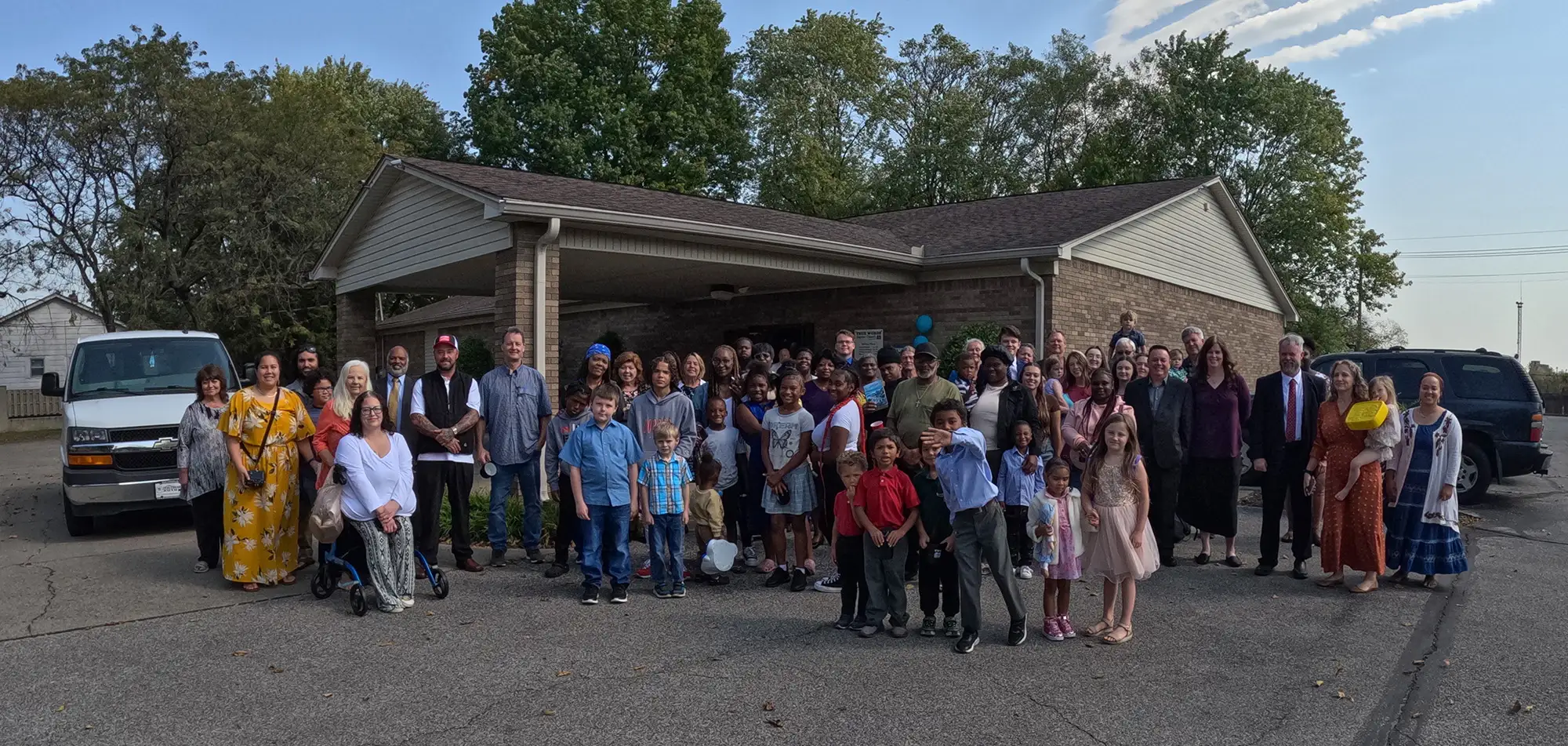😢 The Pain and Promise in the Book of Lamentations 😢
The Book of Lamentations is a heartfelt expression of Jeremiah’s sorrow over the devastation of Jerusalem and the resulting suffering of its people. Written after the fall of the city, it is an emotional outpouring of grief, as well as a desperate plea for restoration. Through vivid imagery and painful lament, Jeremiah mourns over the consequences of Judah’s sins and their destruction at the hands of the Babylonians, yet even in the darkness, he finds glimpses of hope in the Lord’s unfailing love and mercy. The book serves as both a reflection on the judgment of sin and a prayer for divine restoration, offering lessons for every generation on God’s justice and mercy.
Outline: Themes and Messages in the Book of Lamentations
1️⃣ Lamentations 1: The Sins and Suffering of Jerusalem
- Jerusalem’s Sin: The city is described as deeply defiled by sin, symbolized by her fall from grace and the overwhelming punishment she receives.
- Her Suffering: The city is personified as a grief-stricken widow, left in desolation with no comfort, as her people experience exile, hunger, and suffering.
- Her Speech: Jerusalem pleads with the Lord to punish her enemies, calling for justice to be served.
2️⃣ Lamentations 2: The Lord’s Wrath and Jerusalem’s Crisis
- City’s Crisis: The devastation is described as the result of the Lord’s anger against Jerusalem, whose walls and gates are destroyed, and whose people suffer tremendous anguish.
- Jerusalem’s Agony: The cries for mercy come from the heart of the city, pleading for deliverance and reflecting on the horrors of the siege.
- Jerusalem’s Plea: A call to the Lord asking why this suffering is allowed to continue, especially in the light of extreme actions such as mothers eating their children in the midst of famine.
3️⃣ Lamentations 3: Jeremiah’s Personal Suffering and Hope
- Jeremiah’s Afflictions: In this chapter, Jeremiah recounts his personal suffering, feeling as though he is being tortured by the Lord and abandoned by the people.
- Hope in God: Despite his personal grief, Jeremiah reflects on the unfailing love of the Lord, reminding himself and the people that God’s mercies are new every morning.
- Admonition to the People: Jeremiah advises the people to wait patiently for God’s justice, accept His discipline, and repent of their sins.
4️⃣ Lamentations 4: The Desperate State of Jerusalem and Edom’s Judgment
- The Consequences: The chapter focuses on the specific sufferings of the people in the aftermath of Jerusalem’s destruction—children, the rich, and the noble are all affected by the consequences of sin.
- The Causes: The chapter explains that Jerusalem’s sin, particularly through corrupt priests and prophets, led to the destruction.
- Edom’s Judgment: Jeremiah warns Edom, a neighboring enemy, not to rejoice in Jerusalem’s downfall, for they too will face God’s judgment.
5️⃣ Lamentations 5: A Plea for Restoration
- Remember Us: The people cry out to God, asking Him to remember their suffering and restore their fortunes. Jeremiah reflects on the dire situation, noting the suffering of the homeless, the hungry, and the persecuted.
- Restore Us: Despite the hopelessness, Jeremiah calls on the unchanging nature of God to bring His people back from exile, offering a final prayer for restoration.
💫 Conclusion: From Grief to Hope in Lamentations
The Book of Lamentations is not just a collection of mournful cries; it is also a testament to the hope that can emerge from the deepest sorrow. Through the destruction of Jerusalem, the loss of life, and the suffering of its people, Jeremiah’s words convey the devastating consequences of sin. Yet, within these chapters of grief, there are glimmers of hope—especially through the recognition of God’s faithfulness and mercy even in the darkest times.
The cry of Lamentations resonates with us today as we too experience loss, suffering, and consequences from our actions. But as Jeremiah declares, God’s love never fails, and His mercies are new every morning. This book serves as both a warning against sin and a reminder of the potential for restoration when we turn back to God.

Leave a Reply